From clients who have a fully dysregulated system (fitting under the dysautonomia umbrella) to earlier stage nervous system issues, we provide step-by-step protocols for full recovery.
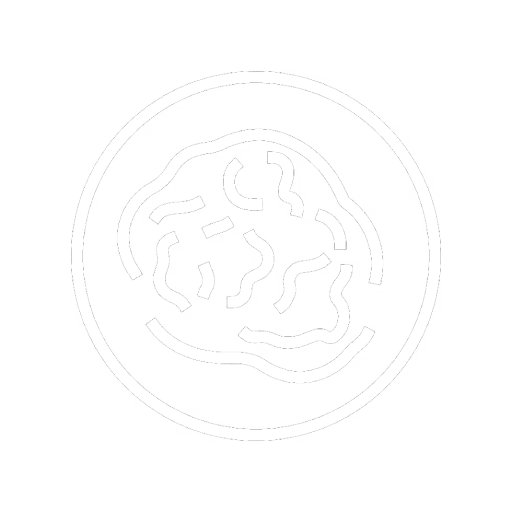
DYSAUTONOMIA is an umbrella term for multiple conditions of the autonomic nervous system, and is often referred to as autonomic dysfunction or autonomic neuropathy. It involves a broad spectrum of symptoms and severities, which can significantly impact daily living.
Postural Orthostatic
Tachycardia Syndrome
Mast Cell Activation Syndrome
Long-Covid
Neurally Mediated
Hypotension
Neurocardiogenic
Syncope
Pandysautonomia
Multiple System
Atrophy
Pure Autonomic Failure
Orthostatic Intolerance
Familial Dysautonomia
Mast Cell Activation Syndrome
We focus on personalized, nutrient-dense gut rehabilitation diets. The gut, often referred to as the ‘second brain,’ contains around 100 million nerve cells that significantly influence our nervous system, mood, and immune health. By understanding and targeting these root causes, we provide proven strategies to repair nervous system function, reduce symptoms, and bring back balance and calm to your state of being.
The limbic system is a complex set of structures within the brain. It regulates emotions, memory and stress responses. It is also intricately linked with the autonomic nervous system, controlling heart rate, digestion and respiration.
An imbalanced limbic system can lead to chronic stress, anxiety, and depression.
Learning tools to regulate these systems is key to achieving full recovery.
Our body constantly reacts to its environment, directly affecting hormones that impact the limbic system, gut microbiome, and nervous system. Regulating your hormones is crucial for nutrient absorption and achieving balance. Developing new daily-lifestyle practices helps align the hormonal system with the body’s natural rhythms, promoting deep, restorative sleep essential for repair.
We find a lot of our clients often feel isolated because those around them may not understand what they’re going through. Studies have shown that isolation and loneliness can significantly impact our body and mind. Having a supportive community is vital for finding balance, as social connections stimulate hormones like oxytocin, reducing stress and promoting calmness. Forming new friendships within our community helps your body and mind recover.
We focus on personalized, nutrient-dense gut rehabilitation diets. The gut, often referred to as the ‘second brain,’ contains around 100 million nerve cells that significantly influence our nervous system, mood, and immune health. By understanding and targeting these root causes, we provide proven strategies to repair nervous system function, reduce symptoms, and bring back balance and calm to your state of being.
The limbic system is a complex set of structures within the brain. It regulates emotions, memory and stress responses. It is also intricately linked with the autonomic nervous system, controlling heart rate, digestion and respiration.
An imbalanced limbic system can lead to chronic stress, anxiety, and depression.
Learning tools to regulate these systems is key to achieving full recovery.
Our body constantly reacts to its environment, directly affecting hormones that impact the limbic system, gut microbiome, and nervous system. Regulating your hormones is crucial for nutrient absorption and achieving balance. Developing new daily-lifestyle practices helps align the hormonal system with the body’s natural rhythms, promoting deep, restorative sleep essential for repair.
We find a lot of our clients often feel isolated because those around them may not understand what they’re going through. Studies have shown that isolation and loneliness can significantly impact our body and mind. Having a supportive community is vital for finding balance, as social connections stimulate hormones like oxytocin, reducing stress and promoting calmness. Forming new friendships within our community helps your body and mind recover.
Discover our range of services designed for individuals managing symptoms or a dysautonomia diagnosis.